As they explore the disease’s complexities, Chancellor Struppa and his students glimpse its terrifying magnificence.
‘Different Thinking’
Chancellor Daniele Struppa’s Honors seminar course The Quest for Immortality attracted students with a multitude of interests and a wide range of majors, from kinesiology to film, business to biology.
Film production student Leon Lukić ’17 took the course in part because he still deals with the childhood memories of when his 5-year-old cousin died of cancer. “That shook me to my core,” Lukić says. “It’s something I’ve never been able to delve deeply into. I saw this as a great opportunity to get a better understanding of cancer.”
His explorations were varied, culminating in a final paper on how the lesbian-gay- bisexual-transgender community is disproportionately affected by cancer. A connection between high-risk behavior (apparently associated with the social stigma that still exists) and the disease emerged, pointing toward the social change needed to reduce the impact on the LGBT community.
More broadly, the course helped put cancer into historical perspective, Lukić says, while showing him the benefits of collaboration.
A class exercise was particularly enlightening. The students worked together to solve a biological mystery involving RNA molecules. To help them investigate and illustrate, they used pieces of string, scissors, tape and other household items.
There were some very clever ideas, but ultimately a theatre major solved the problem,” Lukić says. “It shows that different disciplines and different thinking are needed to solve this disease. Rather than starting from scratch, it’s better to build on shared knowledge.”
Lukić adds that the course’s explorations help him feel more at peace with his cousin’s death.
“There’s no way that I could experience this and have it be just another class,” he says.
When I was young, university courses had austere names, designed to convey their content — Introduction to 19th- Century Literature, European Medieval History and so on.
But now, if you read any university catalog, you discover a variety of cute titles, which are more in the business of advertising than of explaining and clarifying.
In the case of the Honors seminar course I taught during the fall, an honest title would have been Introduction to Cancer. Instead, I have fallen in line with modern fashion, and I gave it a title that is more suggestive than descriptive: The Quest for Immortality.
As I explained to my 20 very smart students during the first introductory class, the purpose of this seminar is to help them understand what it is that we still need to understand about cancer.
The history of our lives — and deaths — with cancer is an old one, going back to before the beginnings of mankind. We know that even dinosaurs had cancer — we’ve found it in their bones. And just as we would like to live forever, so would cancerous cells. One of our most magnificent, and yet terrifying, discoveries is that the reason for cancer’s success lies in its ability to use, with great dexterity, the same tools that nature has used to give us the wonderful gift that is life.
When we think of how cancer develops, we realize that it does not come from the “outside” but rather grows from very normal and healthy cells. And its growth adapts (with great sophistication) the magnificent instruments of evolution. This is why the so-called “war on cancer” has not been as successful as we had originally and naively hoped. There is no “war” to be waged, “only” the mystery of life to be understood because cancer is an unavoidable byproduct of life.
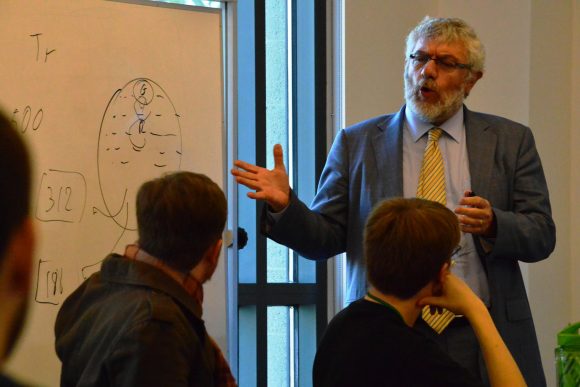
That’s especially so when we look at the lives of complex organisms. My students and I began by looking at some of the early theories of cancer — some of which maintained respectability until the 16th century — and we advanced to where they realize that to understand such a disease, a theory of the universe is needed. Cancer’s complexity cannot be addressed unless we understand how the world works.
In working with my students and these ideas, I went back to the classic What is Life? by Erwin Schrödinger. Written in 1942, this text is the work of one of the greatest scientists ever. Schrödinger received the Nobel Prize in 1933 for the formulation of the equation that carries his name, which describes the evolution in time of the quantum state of a physical system (in this sense, it is the quantum version of Newton’s second law).
In the late years of his life, he became interested in how physics could be used to explain living organisms, and his work has been cited as inspirational both by James Watson and Francis Crick, who themselves went on to receive the Nobel Prize in 1962 for understanding the double helix structure of DNA and its role in the transmission of genetic information.
So, just as Schrödinger had discussed in the larger framework of life, it turns out that to understand what causes cancer, we need to deeply understand how the cell works. We need to understand how those magnificent factories absorb and process energy, how they replicate and what is the mechanism that ensures that they will eventually die. The processes within a cell led us, as part of our class, to go back and try to understand some of the fundamental properties of matter.
In other words, though the disease is macroscopic, its origins are molecular. Studying cancer is the interdisciplinary topic par excellence. Not only does one need to ask the right biological questions, but one needs to understand the physics and chemistry that underlie the description of those questions, and the mathematics that can help formulate the appropriate answers.
I regret not learning about cancer when I was younger, as I wish I could have devoted the brightest and strongest of my intellectual years to its understanding. The state of research about this scourge is now as exciting as it ever has been.
Just like a visitor to a chateau (remember Alain Resnais’ Last Year at Marienbad?), we move from room to room, from chamber to chamber — and every time new doors open, new vistas become available. The mystery of cancer slowly yields to the eyes of the scientists — and while many of us will still succumb to this disease, we know that every day we are getting closer to its elusive core and its real understanding.
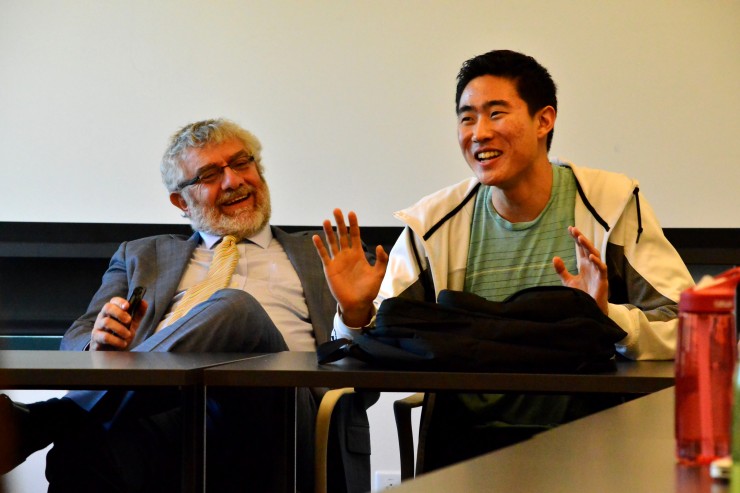
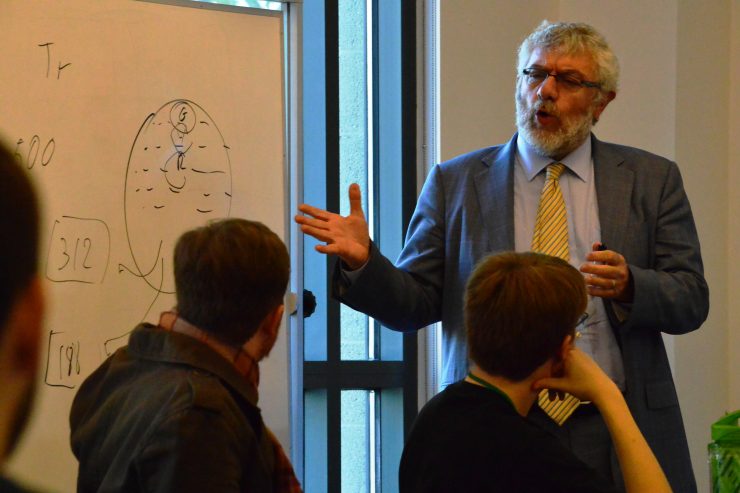
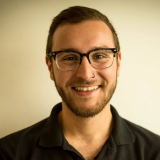

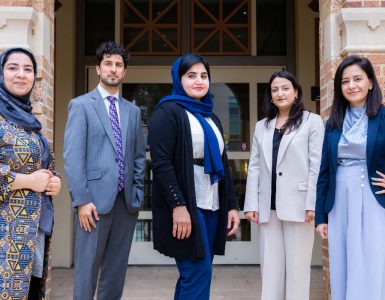
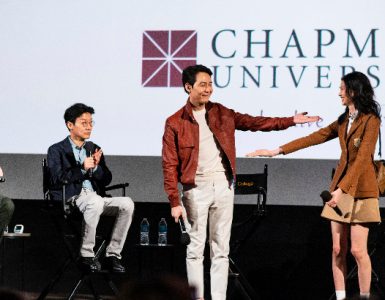

Add comment